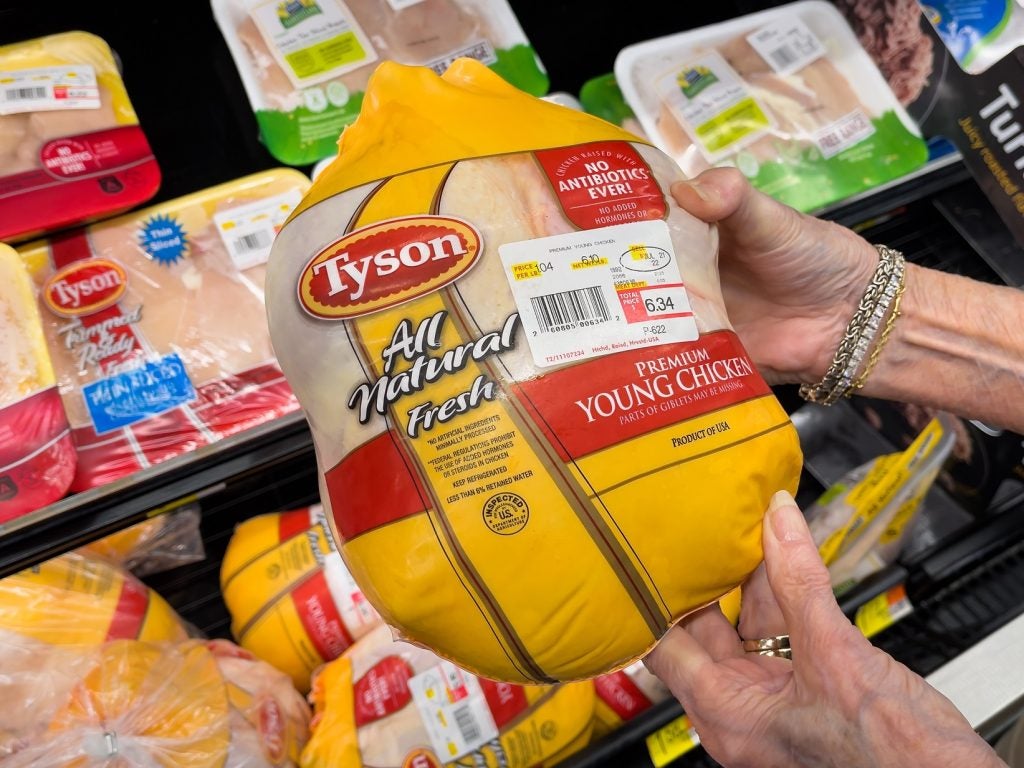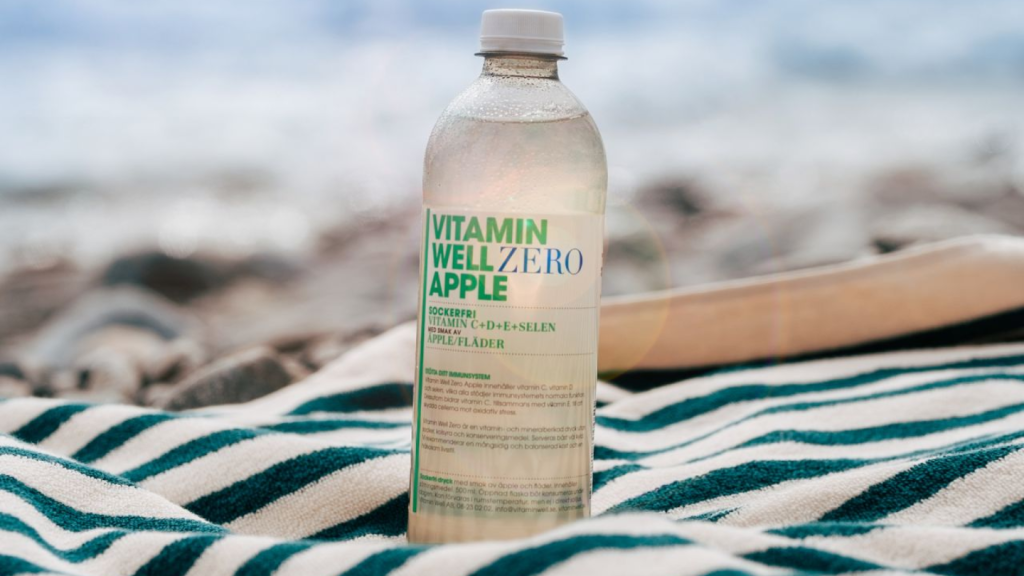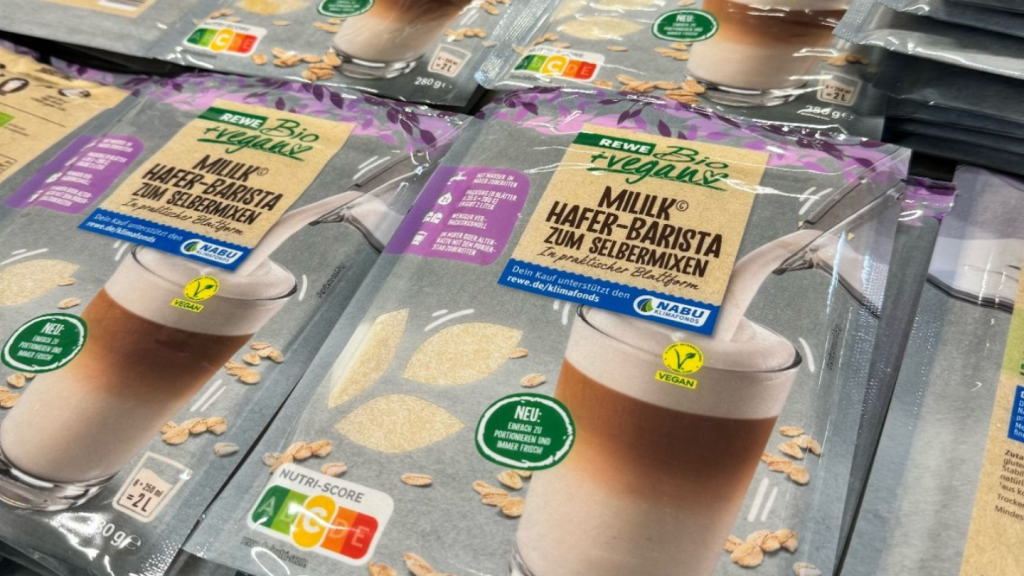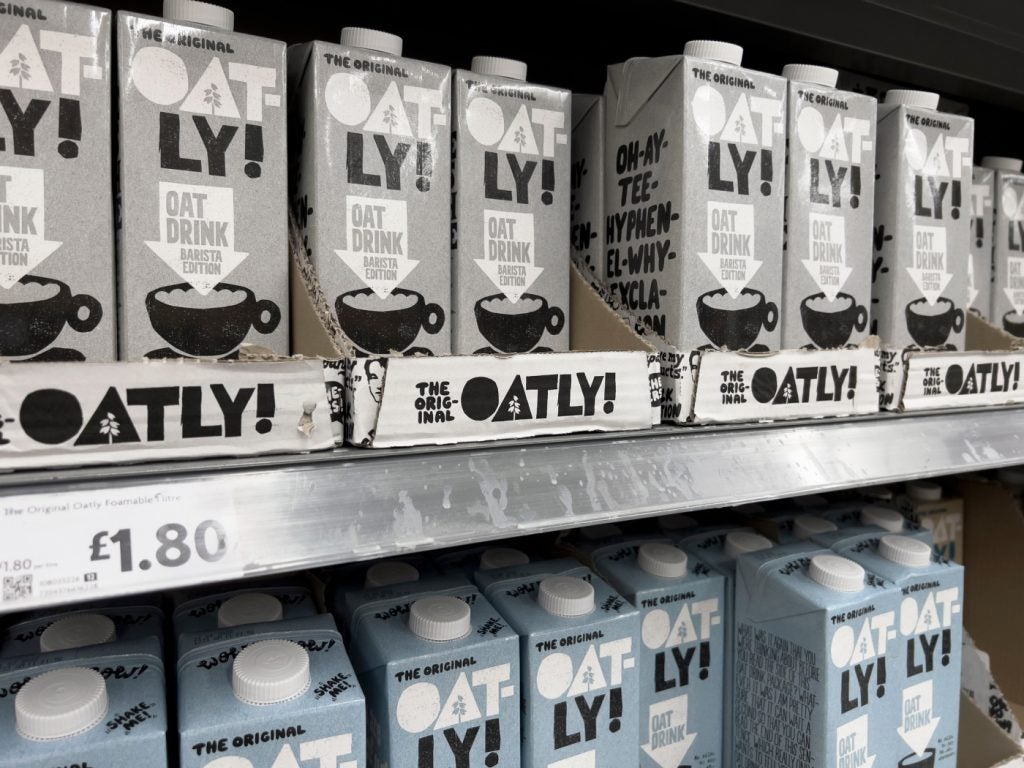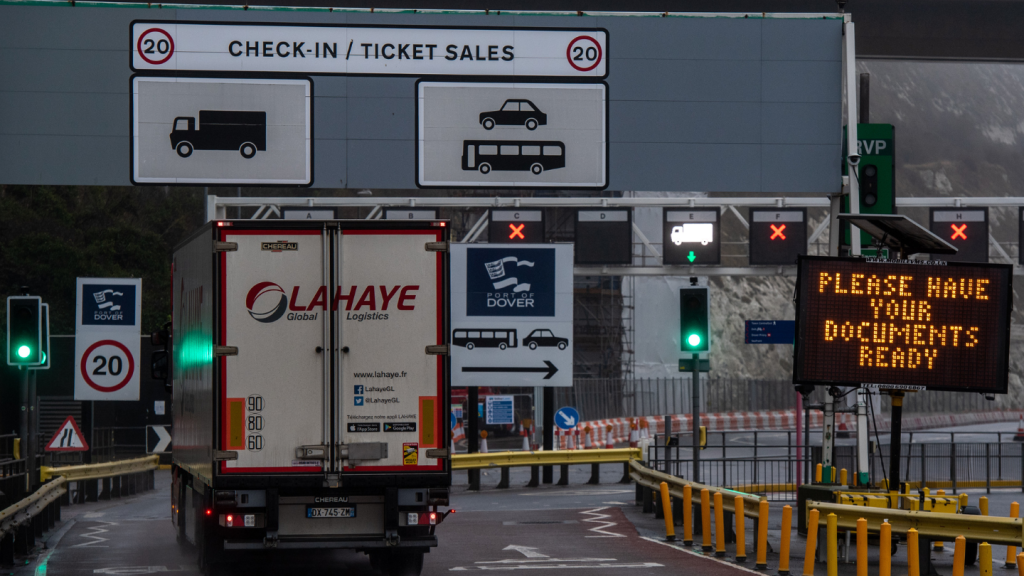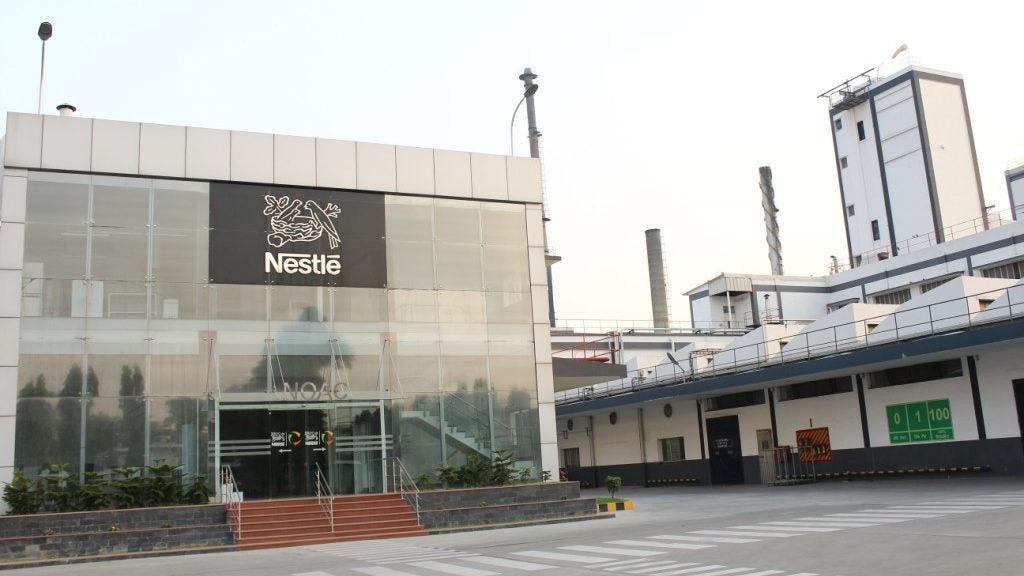Two of the most prominent UK trade associations for the frozen-food industry have joined the coalition to explore upping storage and distribution temperatures to slash emissions.
The Cold Chain Federation (CCF) and the British Frozen Food Federation (BFFF) have joined The Move to -15°C, a global coalition campaigning for the temperature at which frozen food is stored and transported to be increased from -18 to -15 degrees Celsius.
Recent studies show that temperature increases do not compromise food safety or quality, but changing the standard would significantly reduce carbon emissions.
Both federations have been involved in previous research on revising the temperature, which was established 100 years ago and hasn’t changed since.
They say that by joining the coalition on behalf of their memberships, they are committing to putting forward the views of hundreds of frozen food and logistics businesses across the UK to this campaign.
Phil Pluck, CEO of the Cold Chain Federation, said: “The -18°C standard has not been reviewed in almost a century. Meanwhile, the technology, equipment and processes used to manage temperature-controlled logistics have advanced beyond recognition.
“The result is that we’re now able to make this hugely positive change without jeopardising the great benefits frozen food delivers to consumers and businesses.
“This initiative could contribute huge carbon savings on a UK and global level and so we wholeheartedly support the ambitions of this coalition.”
Rupert Ashby, CEO of the British Frozen Food Federation, added: “If the science and evidence show that the industry can increase temperatures, it would allow our industry to continue delivering these advantages while also achieving further cuts in carbon emissions, and that’s why we’re joining the Move to -15°C Coalition on our members’ behalf.”
Thomas Eskesen, chairman of the Move to -15°C, said: “As important representatives of the UK’s frozen food industry, their support and belief in our cause marks a significant milestone in our journey.
“By working together, we stand to make a positive impact on the environment. If we can redefine frozen food temperature standards then we could save 17.7 million metric tonnes of carbon dioxide per year - that’s the equivalent of taking 3.8 million cars off the road annually.”




